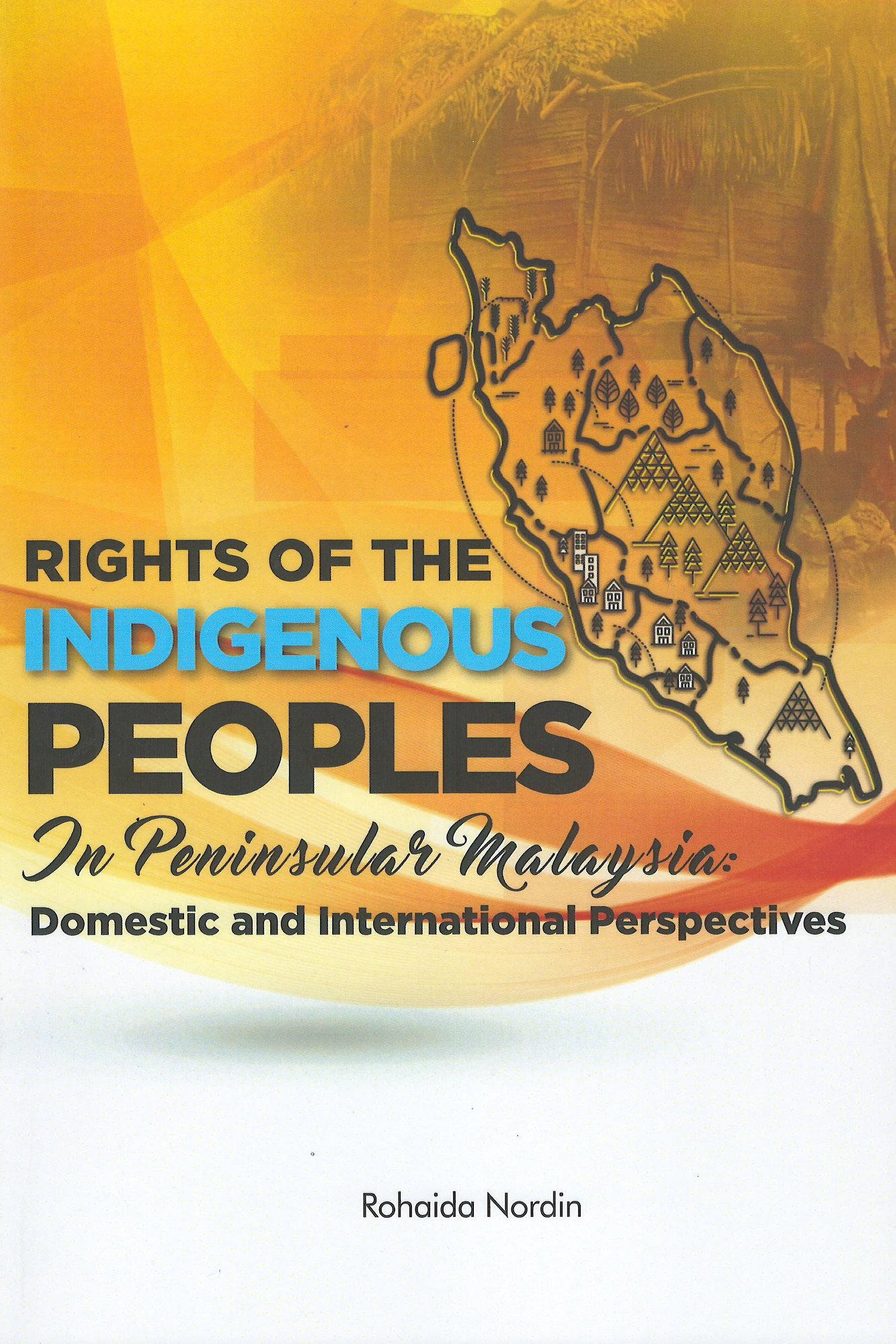Right Of The Indigenous Peoples In Peninsular Malaysia: Domestic And International Perspectives
Author: Rohaida Nordin
Publisher: UKM Press
ISBN: 9789674126759
Weight: 0.307 kg
Pages: 200pp
Year: 2018
Price: RM35
The main proposition of Rights of the Indigenous Peoples in Peninsular Malaysia: Domestic and International Perspectives is that, human rights in general, and individual rights and freedoms of indigenous peoples in Malaysia will be protected or violated because of what exists or what is lacking in Malaysia and not because of what is said or done under the international human rights law.
Malaysia’s ability to effectively discharge its responsibilities in the area of human rights depends primarily on the strength at its domestic institutions, the judiciary, executive and legislature. Therefore, the protection of indigenous peoples’ rights in Malaysia can be said as a domestic issue and an assessment ol “domestication” of indigenous peoples’ rights in Malaysia, will therefore be the main proposition of this book.
The overarching focus of this book is the exploitation of indigenous peoples’ land and natural resources for economic development that created the conflict between the rights of indigenous peoples and the public duty of the state government to ensure national development. Issues of justification for the state government to deny the rights of indigenous peoples to exploit land and natural resources tor economic development; and the extent to which developmental activities benefit the indigenous peoples are among the relevant issues in this book.
Rights of the Indigenous Peoples in Peninsular Malaysia: Domestic and International Perspectives will also focus on the related rights to self-government at the indigenous peoples, in theory and in reality. Special attention is given to land right because land is vital for the survival of indigenous peoples and for their cultural and religious life. As Daes has said, “… land is a territory, an identity, a part of social organisation itself… it is impregnated with emotional, cultural, social, philosophical and religious values… land they often said is our Mother”.








